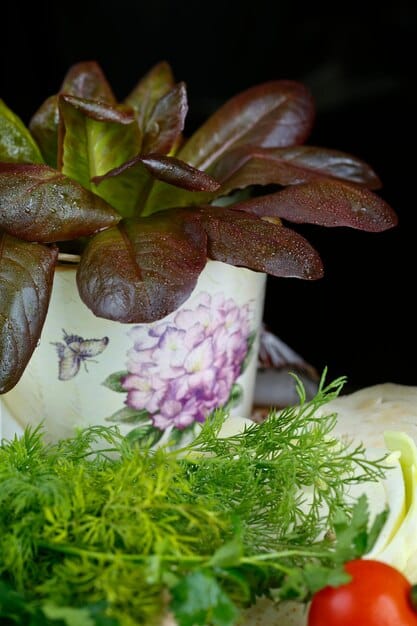Smart Garden Systems Review: Will You Grow More Food in 2025?

Smart garden systems promise increased food production by 2025, but a thorough review reveals that while these systems offer convenience and control, their actual impact on yield depends heavily on factors like initial investment, plant selection, and ongoing maintenance.
Are smart garden systems truly the future of food production, or just an expensive hobby? Let’s explore the reality behind claims of increased yields in 2025 with a detailed product review of the latest smart garden technology.
Smart Garden Systems: An Overview
Smart garden systems are revolutionizing the way we think about growing food at home. These innovative setups integrate technology to automate and optimize the growing process, promising higher yields and greater convenience. But how do they actually work, and are they worth the investment?
These systems typically include features like automated watering, nutrient dispensing, and LED grow lights controlled by sensors and software. By providing plants with the ideal conditions, smart gardens aim to eliminate the guesswork and challenges of traditional gardening.
Key Components of Smart Gardens
Understanding the core components of smart gardens is essential for evaluating their potential effectiveness. These components work in harmony to create a controlled environment conducive to plant growth.
- Sensors: Monitor environmental conditions such as temperature, humidity, and soil moisture, providing real-time data to the system’s control center.
- Automated Watering: Delivers water directly to the plants’ roots based on their specific needs, preventing overwatering or underwatering.
- Nutrient Dispensing: Releases the appropriate amount of nutrients to the plants at the right time, ensuring optimal growth and health.
- LED Grow Lights: Provide the necessary light spectrum for photosynthesis, allowing plants to thrive indoors regardless of natural sunlight conditions.
The integration of these technologies aims to streamline the gardening process, making it accessible to both novice and experienced gardeners alike.
In





